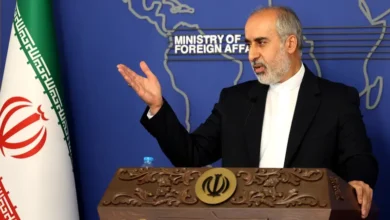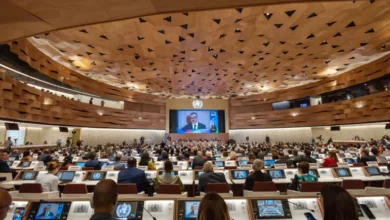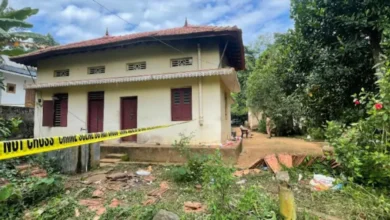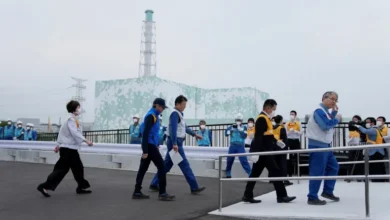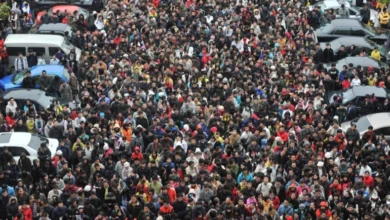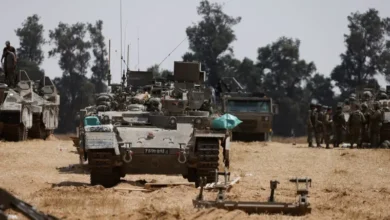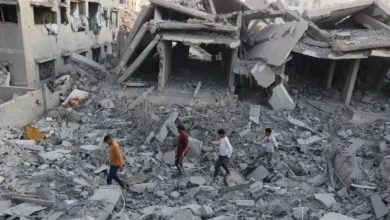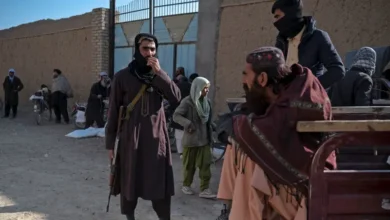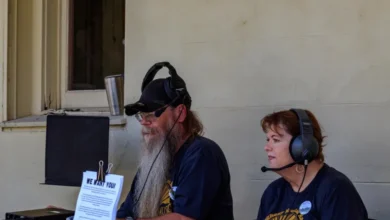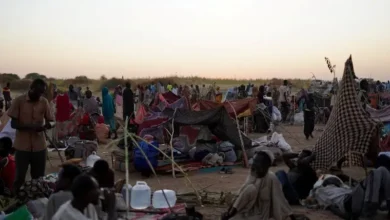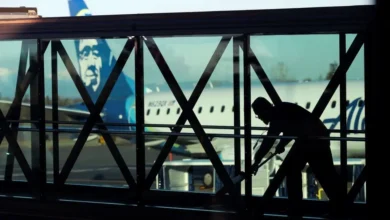Kosovo urges Serbia to hand over fugitive gunmen following deadly shootout
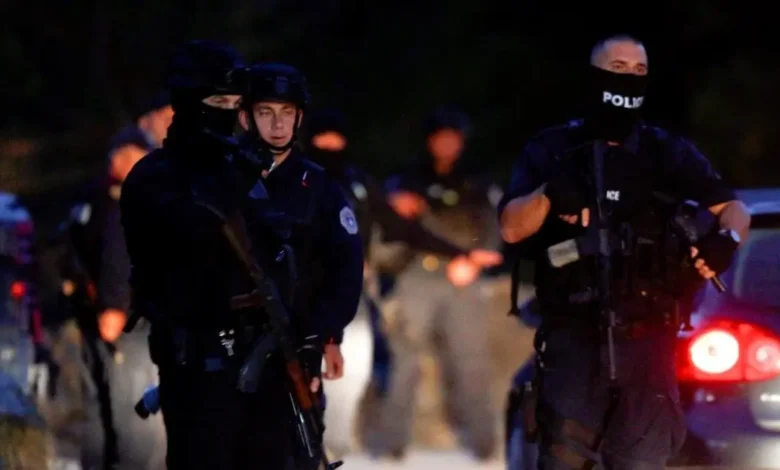
Kosovo called on Serbia on Monday to hand over ethnic Serb gunmen it said had escaped after a shootout with Kosovar police that killed four people in the restive north of the country, aggravating tensions between Pristina and Belgrade.
The gunmen stormed the village of Banjska on Sunday, battling police and barricading themselves into a Serbian Orthodox monastery. Police retook the monastery late on Sunday, after three attackers and one police officer were killed.
The United States condemned attacks on police and urged the governments of Kosovo, an ex-Serbian province with a 90 percent ethnic Albanian majority, and Serbia to defuse decades of antagonism.
Armed police on Monday searched houses in Banjska for any of the estimated 30 gunmen who might not have fled, a police source told Reuters. The village remained sealed off to journalists.
Kosovar authorities said later in the day that some of the gunmen were believed to have escaped to nearby Serbia.
Kosovo Interior Minister Xhelal Svecla said six wounded members of the armed group had been hospitalised in the southern Serbian city of Novi Pazar, near Kosovo’s northern border.
“We are demanding from Serbia to hand these men over to Kosovo authorities as soon as possible, to face justice for their terrorist acts,” in addition to any others who had escaped to Serbia, Svecla told reporters.
Serbian government officials did not immediately respond to Reuters requests for comment.
In the northern town of Mitrovica, Kosovar police showed reporters around 20 SUVs and an armoured truck they said were used by the gunmen. Three of the vehicles were painted with the KFOR logo – the NATO peacekeeping mission in Kosovo.
Police also displayed an array of weapons and ammunition they said had been seized, including former Yugoslav army assault rifles, machine guns, sniper rifles, mortars, anti-tank rocket launchers, hand grenades, land mines and drones.
LINGERING STAND-OFF
While ethnic Albanians comprise the great majority of Kosovo’s 1.8 million people, 50,000 Serbs in its north reject Kosovo statehood and see Belgrade as their capital, 15 years after Kosovo declared independence following a guerrilla uprising. Serbia does not recognise Kosovar independence.
“From yesterday, nothing can be the same anymore,” Kosovo Prime Minister Albin Kurti said at a ceremony on Monday honouring the police officer who was killed in the incident.
“Afrim Bunjaku was killed during an attack on Kosovo policemen and on our state itself by a group of heavily armed and heavily equipped, professionally trained and planned, politically supported, materially financed and logistically supported by Serbia,” Kurti said.
Serbian President Aleksandar Vucic has denied Kurti’s allegations that Belgrade orchestrated the attack. He accuses Kurti of inciting violence by blocking the creation of an association of Serb municipalities to give more autonomy to Serbs – approved by an earlier Kosovo government in 2013 – and by launching frequent police raids in the north.
Kurti has said granting northern Serbs significant autonomy would effectively partition Kosovo along ethnic lines.
In a statement, US Secretary of State Anthony Blinken called on the Kosovar and Serbian governments “to refrain from any actions or rhetoric which could further inflame tensions”.
Kremlin spokesman Dmitry Peskov said Russia, Serbia’s traditional main ally, was monitoring the “tense and potentially dangerous” situation in Kosovo.
Vucic had talks on Monday with Russian Ambassador Alexander Botsan-Kharchenko in Belgrade.
“I have informed Botsan-Kharchenko that a brutal ethnic cleansing with the help of the international community is being conducted by Albin Kurti,” Vucic wrote on his Instagram page.
